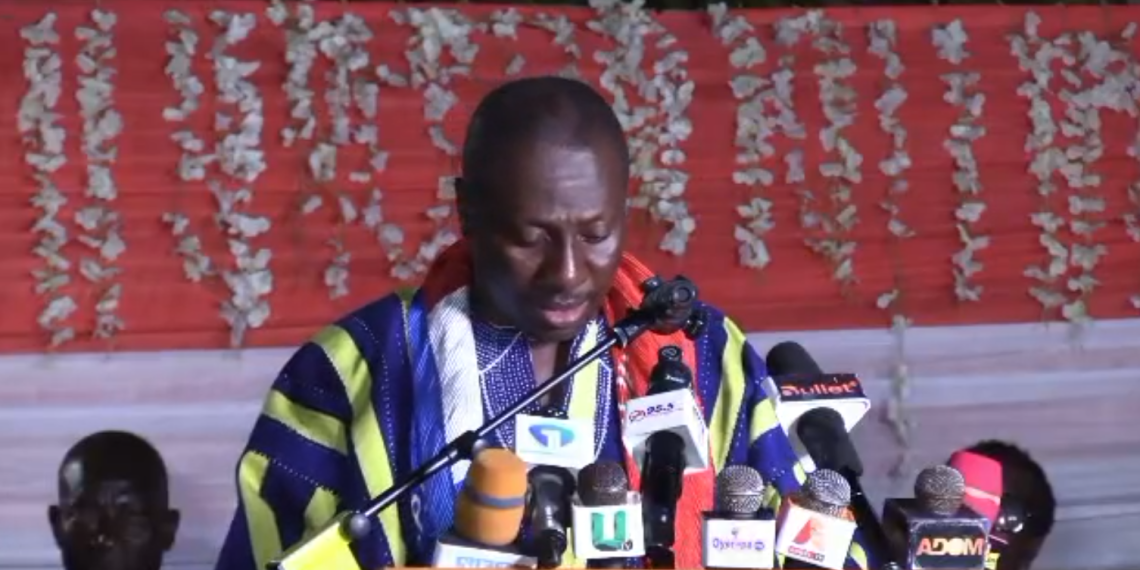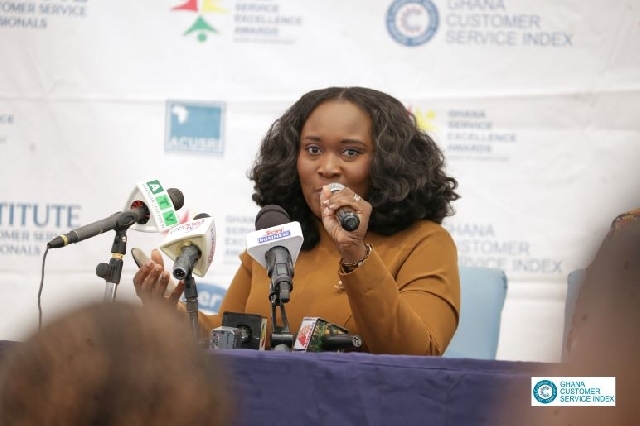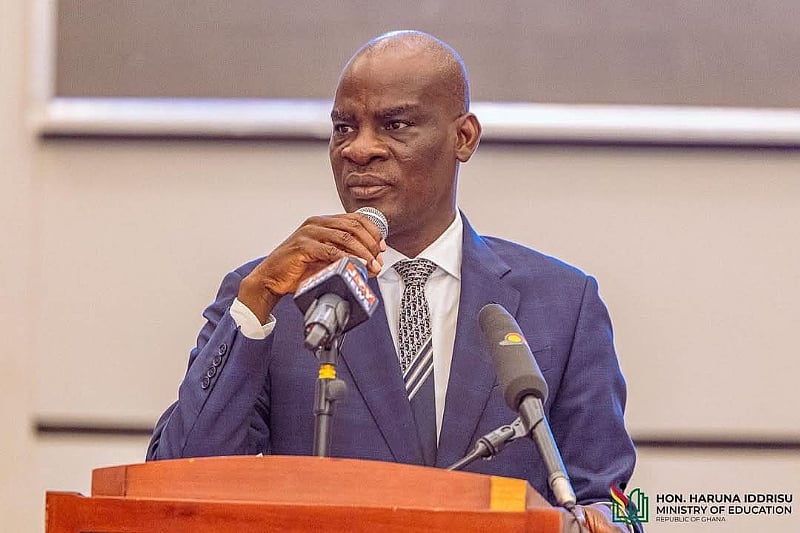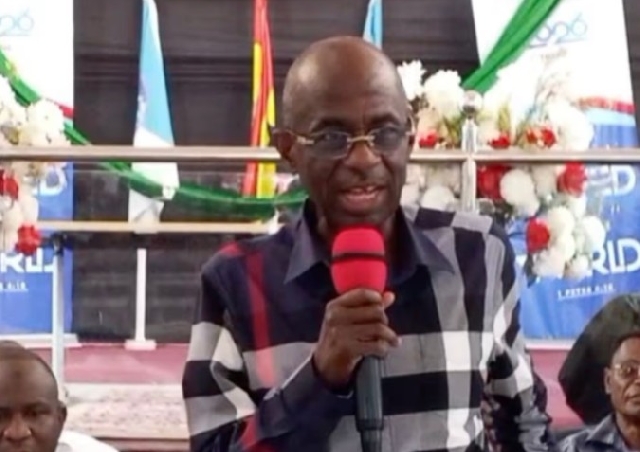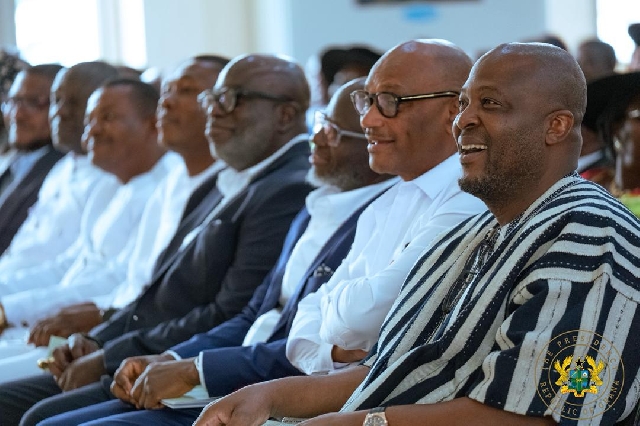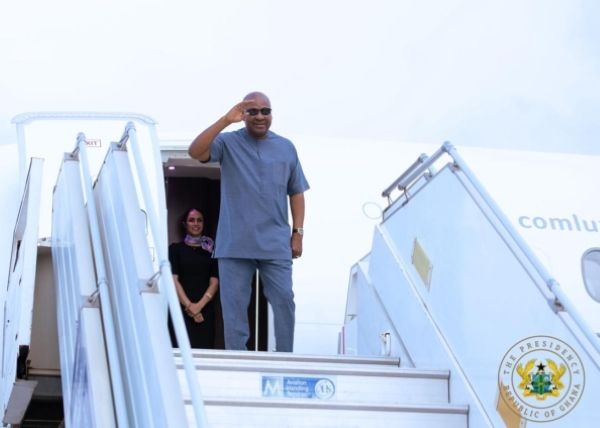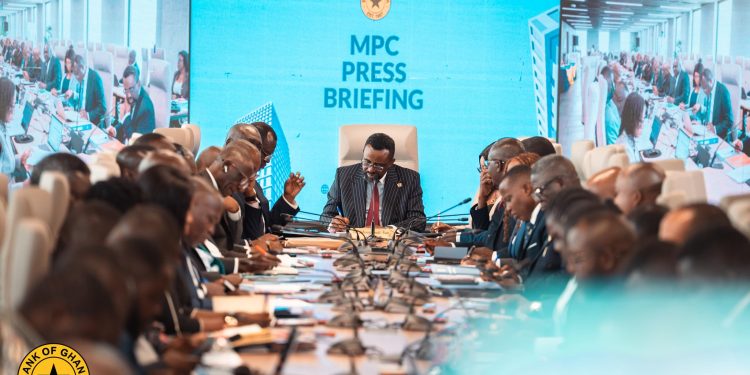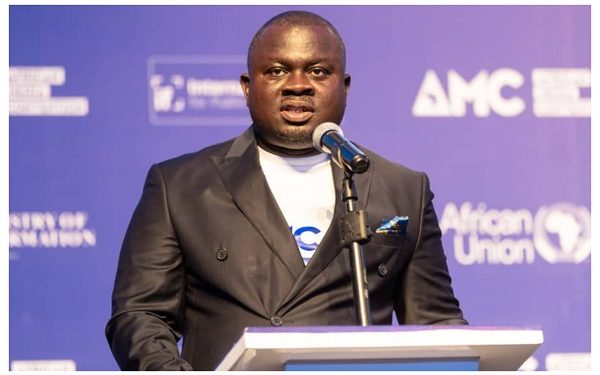As the world marked the International Day to End Impunity for Crimes Against Journalists, the President of the Ghana Journalists Association (GJA), Albert Kwabena Dwumfuor, stepped before reporters with a message of urgent concern.
Clutching a well-worn folder containing the latest draft of the Cybersecurity (Amendment) Bill, 2025, Mr. Dwumfuor’s voice resonated with the weight of his responsibility: to protect the constitutional rights of journalists and citizens alike.
“We support Ghana’s efforts to bolster its cybersecurity framework,” he began, “but the amendments must strike a fair balance between national security and the freedoms we hold dear.” His caution was clear, certain provisions in the bill, if left unchanged, could pose a serious threat to press freedom and free expression.
Mr. Dwumfuor called for broad engagement, public consultation, and education so that every sector affected by the bill could contribute to its refinement. “If what the amendment seeks to cure will worsen the cyber ecosystem, then we must tread cautiously,” he warned, urging lawmakers not to rush the process without adequate stakeholder involvement.
He reminded his audience that the media is an indispensable pillar of Ghana’s democracy. Any attempt to limit its freedom, even under the noble cause of cybersecurity reform, he argued, would undermine the nation’s commitment to transparency and accountability.
Reaffirming the GJA’s unwavering commitment, Mr. Dwumfuor declared, “The GJA and the media will always seek to protect these guaranteed rights and ensure that they are not taken from us.”
He called on Parliament to engage journalists, digital rights advocates, civil society organisations, and technology experts in shaping the final legislation, so that it promotes responsible digital behaviour without compromising fundamental freedoms.
The Cybersecurity (Amendment) Bill, 2025, aims to address emerging online threats, enhance regulatory oversight, and align Ghana with global best practices. Yet, concerns remain: sections of the media, the minority in parliament, and civil society have all raised red flags about the risk of government overreach and the potential misuse of the law against journalists and dissenting citizens.
As the debate continues, Mr. Dwumfuor’s message echoes: only through inclusive dialogue can Ghana secure both its digital future and its cherished freedoms
Source: Apexnewsgh.com




